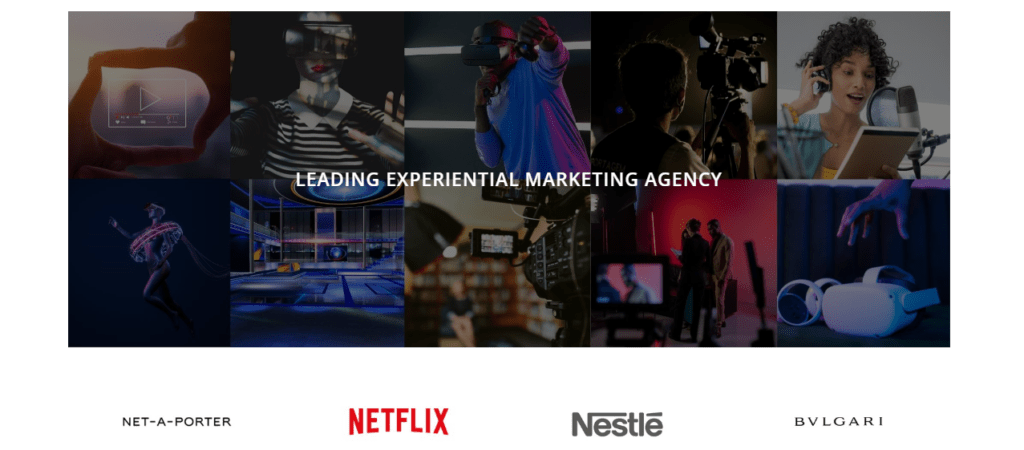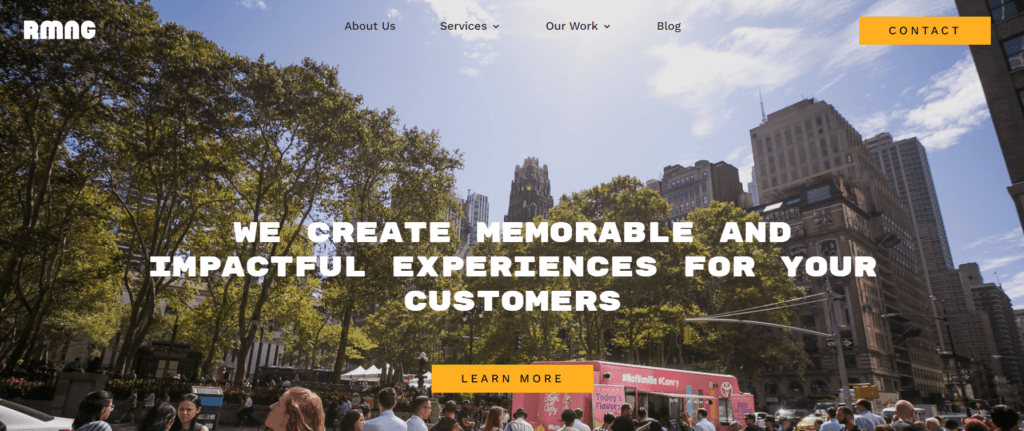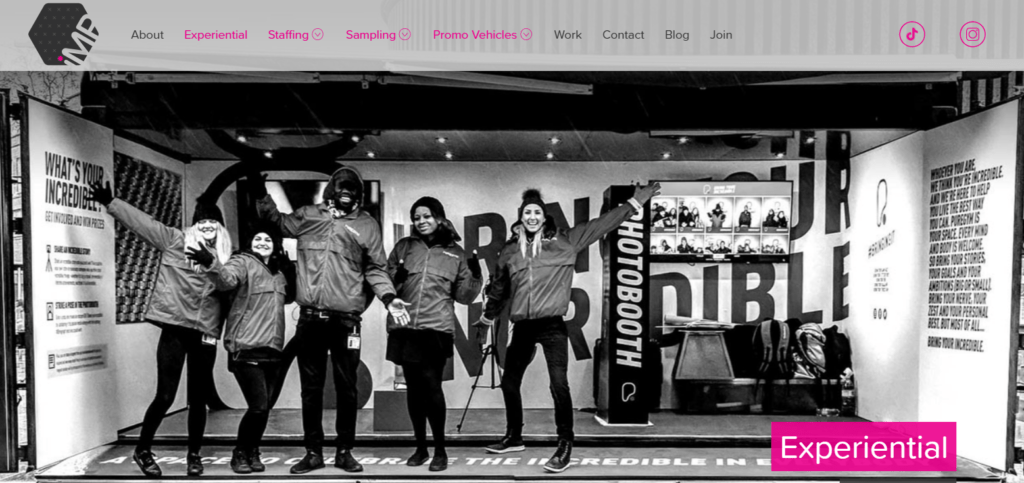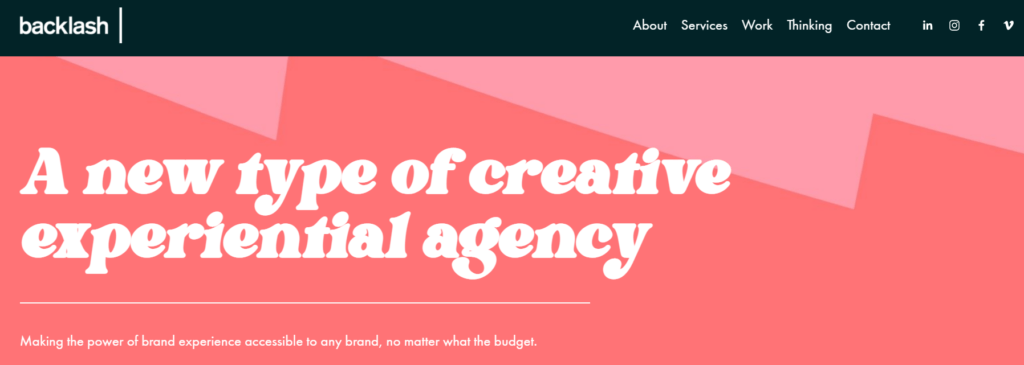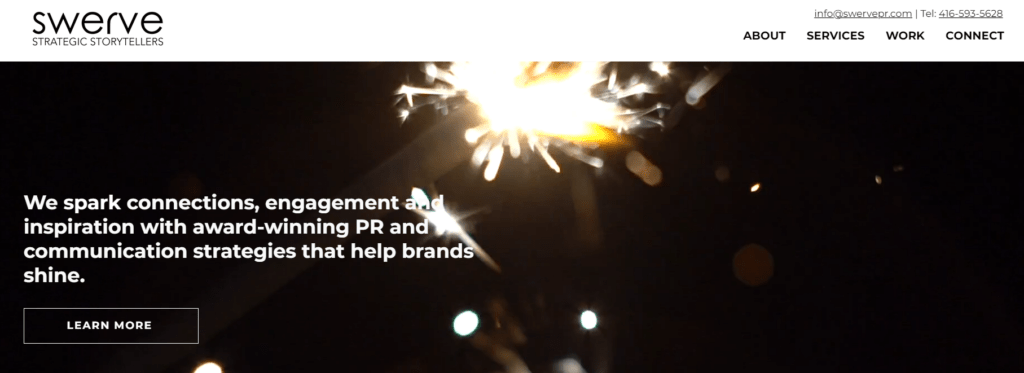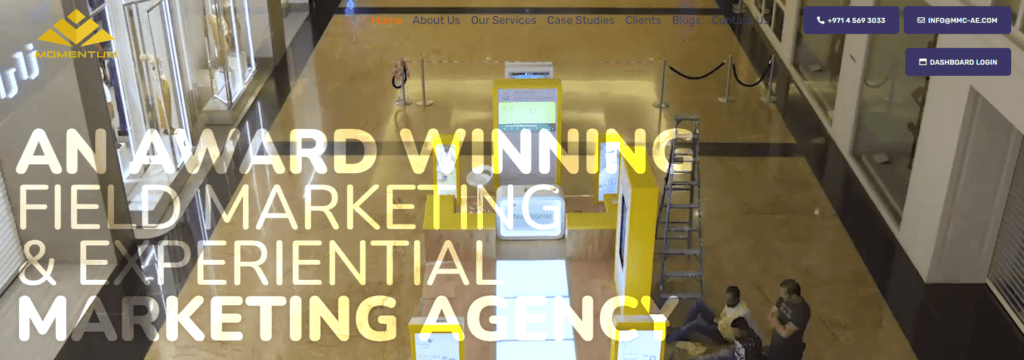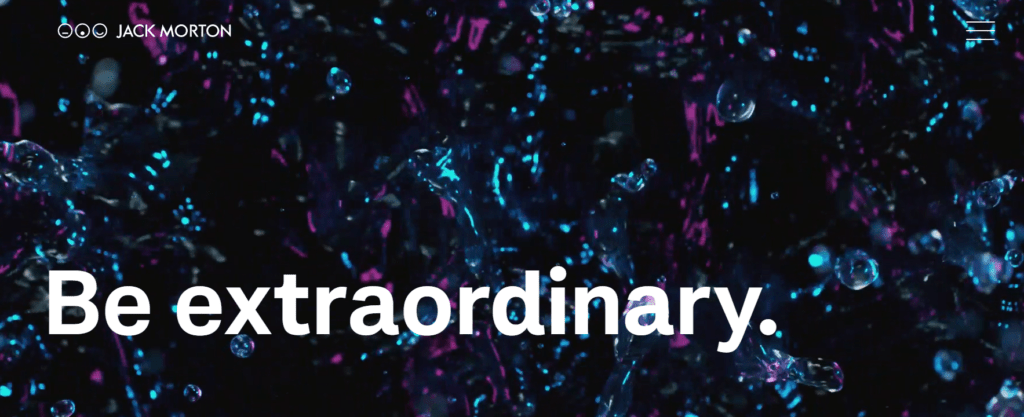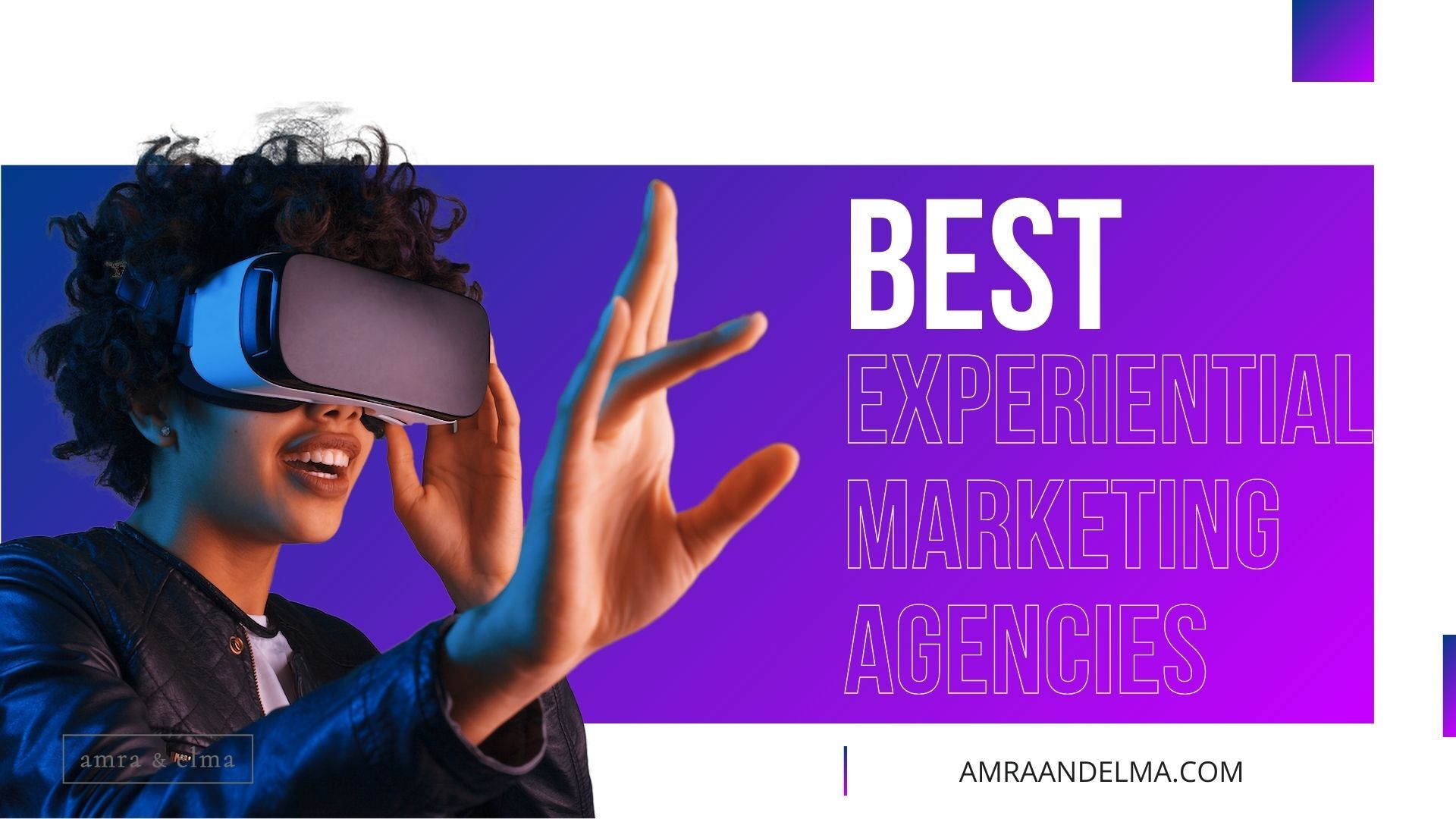
28 Oct BEST EXPERIENTIAL MARKETING AGENCIES IN 2024
In recent years, the field of marketing has seen a dramatic shift in focus from traditional advertising methods to experiential marketing. This new trend is based on the idea that it is no longer enough for a company to simply produce a great product or service; they must also create an immersive experience for their customers to truly stand out from the competition. Experiential marketing agencies are specialists who help companies create and execute these unique marketing campaigns.
Most experiential marketing agencies offer a full range of services, from strategy and planning to creative development and execution. They work with clients to identify the key messages they want to communicate and then develop an overall strategy for delivering those messages engagingly and effectively. Experiential marketing can also be used for any type of product or service and can be tailored to any target audience.
Some common experiential marketing tactics include event planning and production, interactive installations, street stunts, and guerrilla marketing. These agencies also often create branded content such as videos, social media campaigns, and website designs. The goal is to create an immersive experience that will make customers more likely to remember and talk about the brand long after they’ve seen or interacted with it.
The experiential marketing industry is growing rapidly, and there are now dozens of agencies around the world that specialize in this type of marketing. So, if you’re looking to boost your brand’s visibility and stand out from the competition, Amra & Elma has compiled a list of the best experiential marketing agencies to choose from in 2024.
Below is the selected list of the best experiential marketing agencies in 2024:
what is an experiential marketing agency?
An experiential marketing agency is a specialized type of marketing agency that focuses on creating immersive and interactive experiences that engage consumers directly and leave a lasting impression. The goal of experiential marketing is to create memorable, meaningful interactions between a brand and its audience, fostering a deeper emotional connection and driving brand loyalty.
Here are some key aspects of what an experiential marketing agency does:
1. Strategy Development:
– Developing strategies that align with the brand’s objectives and resonate with the target audience.
– Crafting unique concepts that provide immersive and engaging brand experiences.
2. Event Planning and Execution:
– Planning and managing events such as product launches, pop-up stores, trade shows, brand activations, and promotional tours.
– Handling all logistics, including venue selection, permits, staffing, and on-site coordination.
3. Interactive and Immersive Experiences:
– Designing experiences that involve sensory engagement, interactive installations, and live demonstrations.
– Utilizing technology like virtual reality (VR), augmented reality (AR), and interactive displays to enhance the consumer experience.
4. Brand Activations:
– Creating brand activations that bring a brand to life and allow consumers to interact with it in unique and memorable ways.
– Examples include sampling campaigns, street marketing, flash mobs, and experiential roadshows.
5. Creative Design and Fabrication:
– Developing and producing the creative elements needed for experiential events, including set designs, custom builds, and branded environments.
– Ensuring that the physical elements align with the brand’s identity and messaging.
6. Engagement and Interaction:
– Designing activities and touchpoints that encourage consumer participation and interaction.
– Gathering consumer feedback and insights during the experience to inform future marketing efforts.
7. Social Media Integration:
– Integrating social media elements to amplify the reach of the experiential event.
– Encouraging participants to share their experiences on social media, often through branded hashtags and interactive social media walls.
8. Measurement and Analysis:
– Measuring the success of experiential marketing campaigns through metrics such as attendee engagement, social media reach, brand sentiment, and sales impact.
– Analyzing data to evaluate the effectiveness of the experience and inform future strategies.
9. Partnerships and Collaborations:
– Collaborating with influencers, artists, and other brands to enhance the experiential campaign and reach a broader audience.
– Leveraging partnerships to create unique and compelling experiences.
Examples of experiential marketing campaigns include:
– Coca-Cola’s “Share a Coke” campaign, which involved personalized Coke bottles and interactive vending machines.
– Nike’s “House of Innovation” stores, which offer immersive, technology-driven shopping experiences.
– IKEA’s pop-up sleepover events, where customers could spend the night in-store to experience IKEA products firsthand.
In summary, an experiential marketing agency specializes in creating live, immersive experiences that engage consumers on a personal level. These agencies aim to create memorable interactions that foster strong emotional connections between brands and their audiences, ultimately driving brand loyalty and advocacy.
HOW DOES AN EXPERIENTIAL MARKETING AGENCY DIFFER FROM GENERAL MARKETING AGENCIES?
An experiential marketing agency differs from general marketing agencies in several key aspects, particularly in terms of focus, approach, and the type of marketing activities they engage in. Here are the main differences:
1. Focus and Specialization:
– Experiential Marketing Agency: Specializes in creating live, immersive experiences that engage consumers directly. These agencies focus on developing interactive events and activities that create memorable and meaningful interactions between a brand and its audience.
– General Marketing Agency: Offers a broad range of marketing services across various channels, including advertising, digital marketing, social media, content marketing, public relations, and more. Their focus is more on providing comprehensive marketing solutions rather than specializing in one particular type of marketing.
2. Type of Marketing Activities:
– Experiential Marketing Agency: Concentrates on experiential marketing activities such as brand activations, live events, pop-up shops, product demonstrations, trade shows, street marketing, and interactive installations. These activities are designed to engage consumers in a direct and personal way.
– General Marketing Agency: Engages in a wide variety of marketing activities including traditional advertising (TV, print, radio), digital marketing (SEO, PPC, social media), content creation (blogs, articles, videos), and public relations. Their activities cover a broad spectrum rather than focusing solely on direct consumer engagement experiences.
3. Approach and Strategy:
– Experiential Marketing Agency: Uses a hands-on, interactive approach to create experiences that evoke emotional responses and build strong brand connections. They prioritize creating memorable experiences that can leave a lasting impact on consumers.
– General Marketing Agency: Utilizes a mix of strategies to achieve marketing goals, including brand awareness, lead generation, customer retention, and sales. Their approach is more integrated, using a combination of online and offline tactics to reach their audience.
4. Engagement and Interaction:
– Experiential Marketing Agency: Focuses on high levels of consumer engagement and interaction. They design experiences where consumers can actively participate and interact with the brand in a tangible way.
– General Marketing Agency: While engagement is important, their methods often involve more passive forms of interaction, such as viewing ads, reading content, or following social media updates. Interaction may not be as direct or immersive as in experiential marketing.
5. Measurement and Impact:
– Experiential Marketing Agency: Measures success through metrics related to engagement, such as attendance, participation rates, social media shares, and direct feedback from participants. The impact is often assessed based on the emotional connection and memorable experiences created.
– General Marketing Agency: Measures success through a variety of metrics depending on the campaign goals, including website traffic, conversion rates, sales figures, brand awareness, and ROI. Their impact assessment is broader and covers various aspects of the marketing mix.
6. Creative and Logistical Execution:
– Experiential Marketing Agency: Handles the creative design and logistical execution of live events and experiences, including venue selection, event setup, staffing, and on-site management. They focus on creating a cohesive and immersive environment that aligns with the brand’s identity.
– General Marketing Agency: Provides creative and strategic services across different media, including campaign planning, graphic design, content creation, media buying, and digital marketing execution. Their logistical involvement is typically less event-focused and more about overall campaign management.
In summary, while both experiential marketing agencies and general marketing agencies aim to help businesses achieve their marketing goals, experiential marketing agencies specialize in creating live, immersive experiences that foster direct consumer engagement. General marketing agencies, on the other hand, offer a broad range of services across various marketing channels, providing integrated solutions to address diverse marketing needs.


